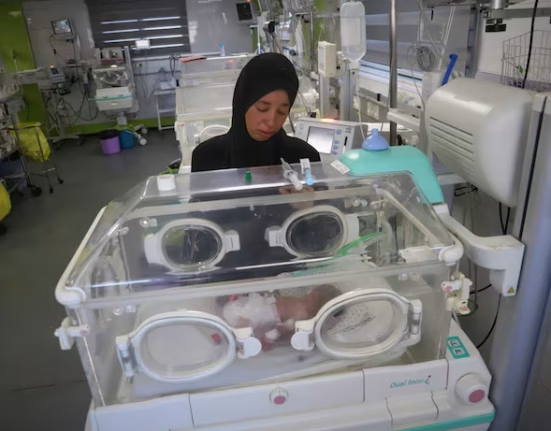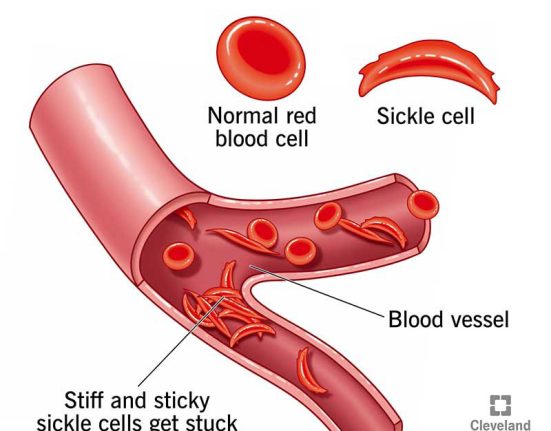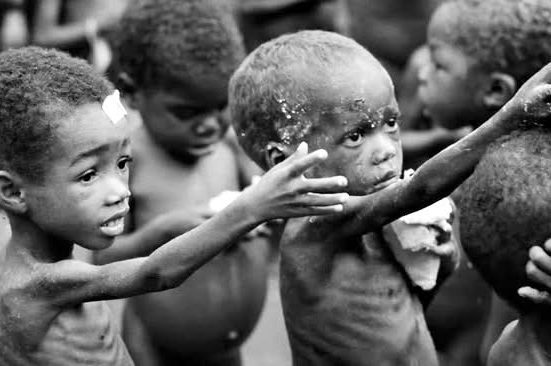Nigeria is facing a deepening nutrition emergency, with over two million children currently suffering from severe acute malnutrition, the second highest burden globally, according to data from UNICEF and health experts monitoring child welfare in Sub-Saharan Africa.
The disturbing figure highlights a growing crisis that threatens the lives and future of millions of Nigerian children, especially in the country’s northern regions, where conflict, poverty, and climate change have compounded food insecurity and weakened access to healthcare.
Health authorities warn that without urgent intervention, a significant portion of these children risk dying from preventable causes related to malnutrition, including stunting, wasting, weakened immunity, and developmental delays.
According to UNICEF, one in every three child deaths in Nigeria is linked to malnutrition, a condition that continues to be underdiagnosed and underfunded in policy planning. The organization also notes that approximately 6 out of every 10 children under five in Nigeria suffer from some form of micronutrient deficiency, leaving them vulnerable to disease and impaired cognitive development.
In states like Borno, Yobe, and Katsina, where years of insurgency have displaced families and disrupted food supply chains, malnutrition rates have spiked dramatically. Many children are living in Internally Displaced Persons (IDP) camps with limited access to nutritious food, clean water, and medical attention.
Dr. Yetunde Ogunbiyi, a child nutrition expert based in Abuja, emphasized the urgency of scaling up local interventions. “We are not just talking about numbers — we’re talking about lives. Every child suffering from severe acute malnutrition is a life hanging by a thread. Government and partners must act swiftly to deploy more therapeutic foods, support breastfeeding, and invest in primary healthcare systems,” she said.
The federal government, in collaboration with international donors, has implemented a series of interventions such as the Community-based Management of Acute Malnutrition (CMAM) programme and food fortification campaigns. However, experts argue that these efforts remain grossly underfunded and often fail to reach remote and conflict-affected areas.
Despite the dire statistics, funding for nutrition-specific interventions in Nigeria remains below the global recommended benchmark. Reports from the Ministry of Budget and National Planning show that only a fraction of the country’s health budget is allocated to nutrition, and much of that relies heavily on donor support.
Humanitarian organisations including Médecins Sans Frontières (MSF), Save the Children, and the World Food Programme (WFP) have called for more coordinated efforts between government agencies and development partners to address both immediate needs and long-term structural issues that fuel the crisis.
As Nigeria moves further into 2025, stakeholders warn that the country must prioritise child nutrition as a matter of national emergency. Without decisive action, the human cost of this crisis may deepen, with long-term implications for education, productivity, and the health of future generations.






